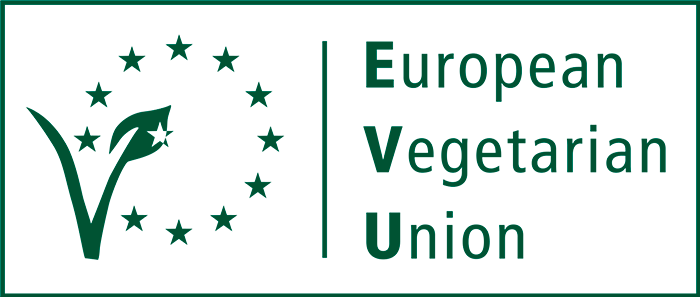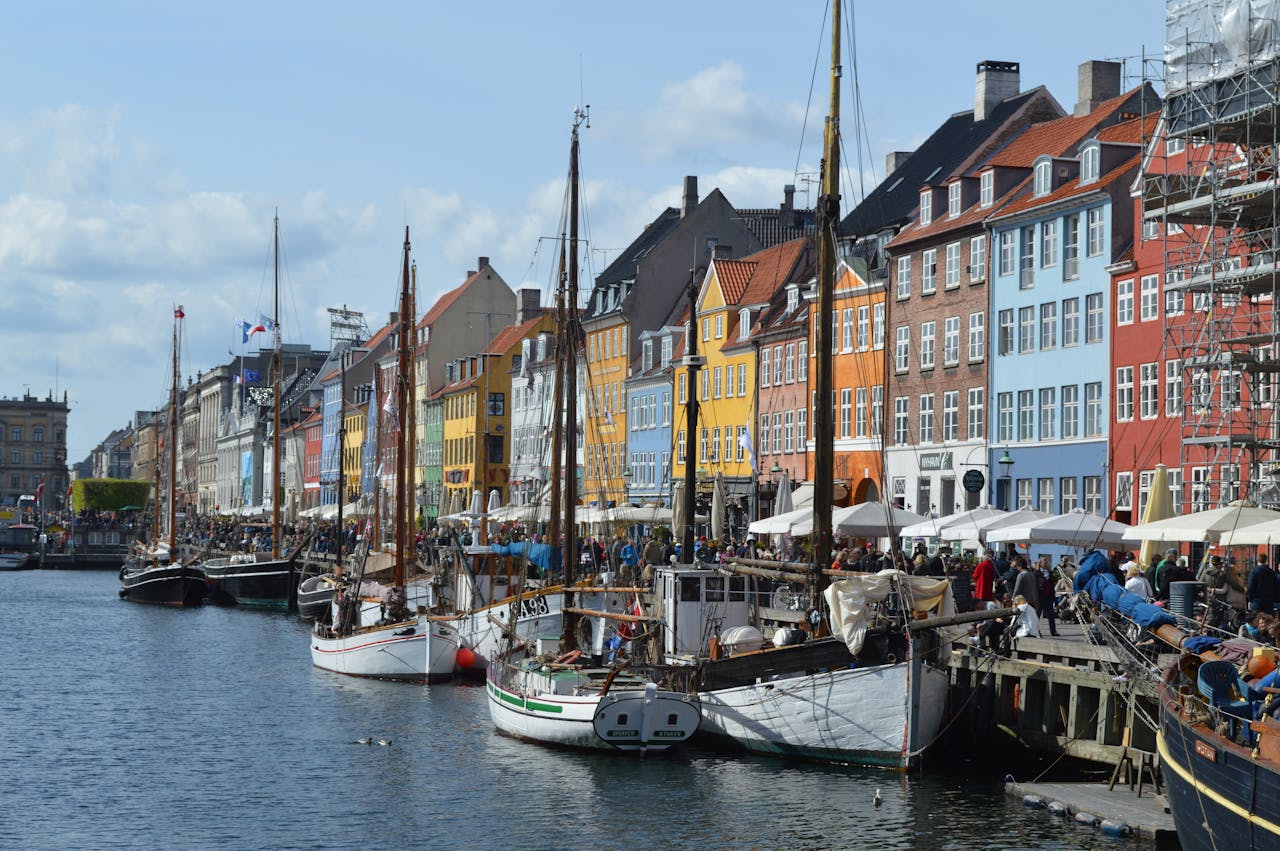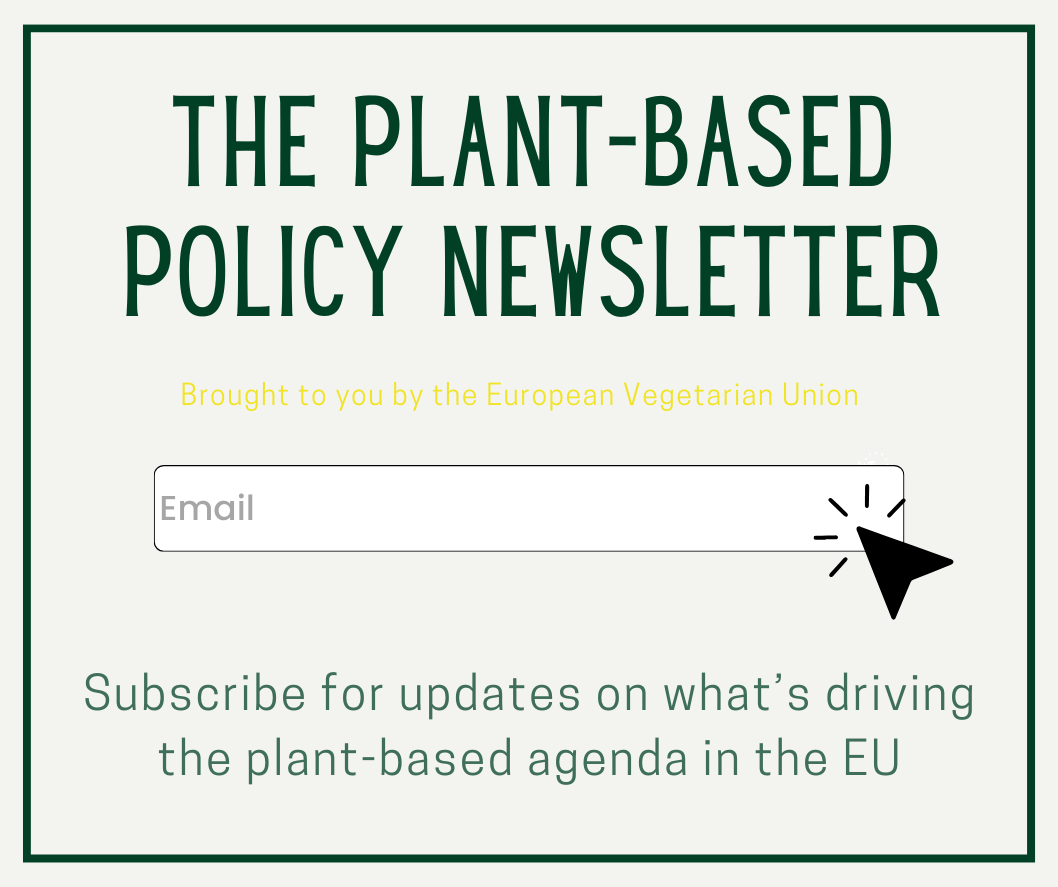The program for the upcoming Danish Presidency of the Council of the European Union was published today, setting hope for improved food systems for farmers and consumers.
After developing the landmark Danish Plant-Based Action Plan and Plant-Based Foods Grant, the Danish Government is now set to bring the discussion to the European level.
The Council of the EU is where national ministers from each EU country meet to negotiate and adopt EU laws. It has a rotating presidency between Member-States every 6 months, with Denmark set to take the helm from July to December 2025.
In the Presidency’s program, it’s stated that:
“European protein supply is vital for the development of plant-based foods, raw materials for the livestock sector, and the diversification of supply sources. It is also an important element in the transition towards a more sustainable food system. The Presidency will focus on the potential of a common EU action plan for plant-based foods and a common EU protein strategy.”
This follows a recommendation from the Strategic Dialogue on Agriculture, initiated by President Ursula von der Leyen, that stated the “The European Commission should develop, by 2026, an EU Action Plan for Plant-based Foods to strengthen the plant-based agri-food chains from farmers all the way to consumers.”
Inspired by the success in Denmark, the policy has received overwhelming support with a large group of over 130 civil society and farmers organisations publishing a joint call in the beginning of the year. Most recently, the same group presented a Blueprint outlining the measures to unlock the full potential of the plant-based sector at a Parliament event with support from MEP’s in 5 political groups.
Earlier this year, a group of over 20 MEP’s from several political groups wrote a letter to the Agriculture and Food Commissioner, Christophe Hansen, calling for an EU strategy for protein diversification, with a focus on production and consumption of more plant-based proteins.
Recently, Council discussions on Protein Diversification were supported by Denmark, Germany, Netherlands, Czechia, Ireland, Luxembourg and Estonia.
Although the discussion on an EU Action Plan for Plant-Based Foods and an EU Protein Strategy differ in their scope, with the first being an aspirational EU Policy and the second being an existing file, set to be reviewed during this mandate, the possibilities to support plant-based production and consumption in Europe are significant in both.


